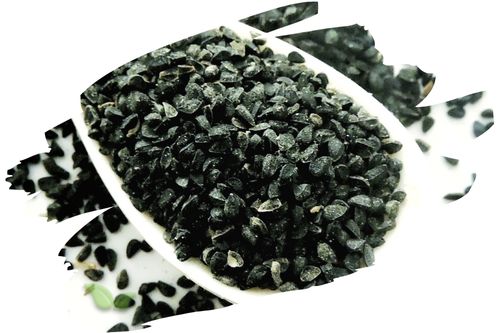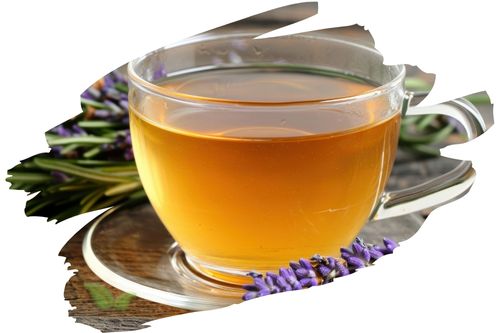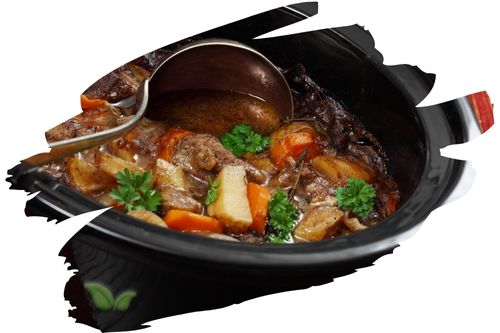
Introduction
Welcome to the Tasting Adventure: Experimenting with Korean Doenjang in Everyday Cooking! In this culinary journey, we will explore the delightful world of Korean Doenjang and its role in transforming everyday cooking into a flavorful experience. Whether you are a seasoned cook or a curious beginner, this article is your gateway to mastering the art of using Doenjang in your dishes. From its origins and health benefits to creative recipe ideas, we've got you covered. So put on your apron and let's dive in!
Tasting Adventure: Experimenting with Korean Doenjang in Everyday Cooking
In this section, we will share our firsthand experiences and valuable insights on how Korean Doenjang can elevate the taste and aroma of everyday cooking. Let's explore some of the most exciting aspects of this flavorful adventure!
The Origins of Korean Doenjang
Doenjang, often referred to as Korean soybean paste, is a traditional fermented condiment that has been an integral part of Korean cuisine for centuries. Its roots can be traced back to the Three Kingdoms era, making it a cherished culinary heritage. Today, Doenjang is an indispensable ingredient in Korean households, adding depth and complexity to a wide range of dishes.
The Unique Flavor Profile of Doenjang
One of the key reasons for the popularity of Doenjang is its distinctive flavor profile. The paste boasts a harmonious blend of umami, saltiness, and earthy notes, creating a truly satisfying experience for the taste buds. The umami, derived from the fermentation process, enhances the overall taste of any dish it graces, making it a versatile choice for experimenting with various cuisines.
Health Benefits of Doenjang
Apart from its delightful taste, Doenjang offers several health benefits. As a fermented product, it is a rich source of probiotics, which promote gut health and aid digestion. Additionally, Doenjang contains essential nutrients like protein, fiber, and vitamins, making it a nutritious addition to your daily diet. Embrace the goodness of Doenjang while enjoying a healthy meal!
Exploring Traditional Korean Doenjang Recipes
In this section, we will delve into some classic Korean recipes that showcase the true potential of Doenjang. These recipes have been passed down through generations and continue to be beloved favorites among Koreans and food enthusiasts worldwide.
1. Doenjang Jjigae - Korean Soybean Paste Stew
Doenjang Jjigae is a hearty, soul-warming stew that exemplifies the essence of Korean comfort food. Prepared with a rich broth, vegetables, and protein of your choice, this stew gets its extraordinary depth of flavor from the Doenjang. Serve it with a bowl of steamed rice for a wholesome and satisfying meal.
2. Bibimbap - The Iconic Mixed Rice Bowl
Bibimbap is a colorful and visually appealing rice bowl, brimming with an assortment of vegetables, meat, and a fried egg. Drizzle some Doenjang sauce over the top, and you'll experience a burst of flavors in every bite. This dish beautifully showcases the versatility of Doenjang in complementing various ingredients.
3. Doenjang-Glazed Grilled Meats
For all the barbecue enthusiasts out there, Doenjang-Glazed Grilled Meats are a must-try! The Doenjang glaze adds a delightful caramelized sweetness to the meat while also infusing it with umami goodness. Fire up the grill and savor the delectable results!
Incorporating Doenjang into International Cuisines
Doenjang's versatility extends beyond Korean dishes. It can be a delightful addition to international cuisines, elevating the taste and complexity of various dishes. Let's explore some innovative ideas for using Doenjang beyond Korean borders.
1. Doenjang-Marinated Tofu Satay
Give your classic tofu satay a Korean twist with a Doenjang marinade. The combination of Doenjang, soy sauce, and a hint of sesame oil creates an irresistible flavor profile that will leave your guests asking for more.
2. Doenjang Caesar Dressing
Upgrade your Caesar salad with a zesty Doenjang Caesar Dressing. The umami notes of Doenjang perfectly complement the tanginess of the dressing, resulting in a unique and delightful salad experience.
Frequently Asked Questions (FAQs)
-
What is the shelf life of Doenjang? Doenjang has a long shelf life, typically ranging from six months to a year when stored in a cool, dark place. However, it is best to check the product label for specific storage instructions.
-
Is Doenjang suitable for vegetarians and vegans? Yes, Doenjang is a plant-based condiment made from fermented soybeans, making it a perfect choice for vegetarians and vegans.
-
Can I use Doenjang as a substitute for miso paste in recipes? Absolutely! While Doenjang and miso paste have distinct flavors, they can be used interchangeably in certain recipes to add depth and complexity.
-
Can Doenjang be frozen to extend its shelf life? Yes, freezing Doenjang is an excellent way to extend its shelf life. Portion it into smaller containers before freezing for easier usage.
-
What are some creative ways to use Doenjang in desserts? While Doenjang is primarily used in savory dishes, some creative chefs have experimented with it in desserts like Doenjang chocolate brownies, adding a unique twist to traditional treats.
-
Is Doenjang gluten-free? Generally, Doenjang is gluten-free, but it's crucial to check the product label to ensure there are no gluten-containing additives.
Conclusion
Embark on a Tasting Adventure: Experimenting with Korean Doenjang in Everyday Cooking, and unlock a world of rich, flavorful experiences. From traditional Korean recipes to international fusions, Doenjang's versatility knows no bounds. With its health benefits and delectable taste, this soybean paste is a treasure trove for every culinary enthusiast. So, get ready to infuse your cooking with the magic of Doenjang and delight your taste buds with every bite!
Alert: While spices can have many beneficial properties for health, using them for medical purposes should be done under the guidance and supervision of a healthcare professional or specialist. Some spices may interact with medications or cause adverse reactions in certain individuals, and it is important to use them safely and appropriately. If you are considering using spices for a medical condition, it is important to consult with a healthcare professional before doing so.




















































